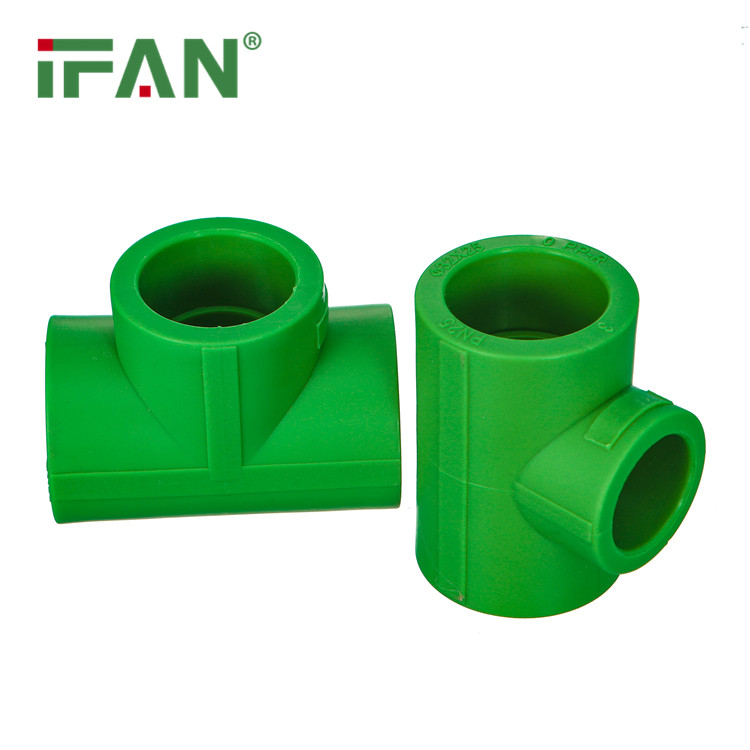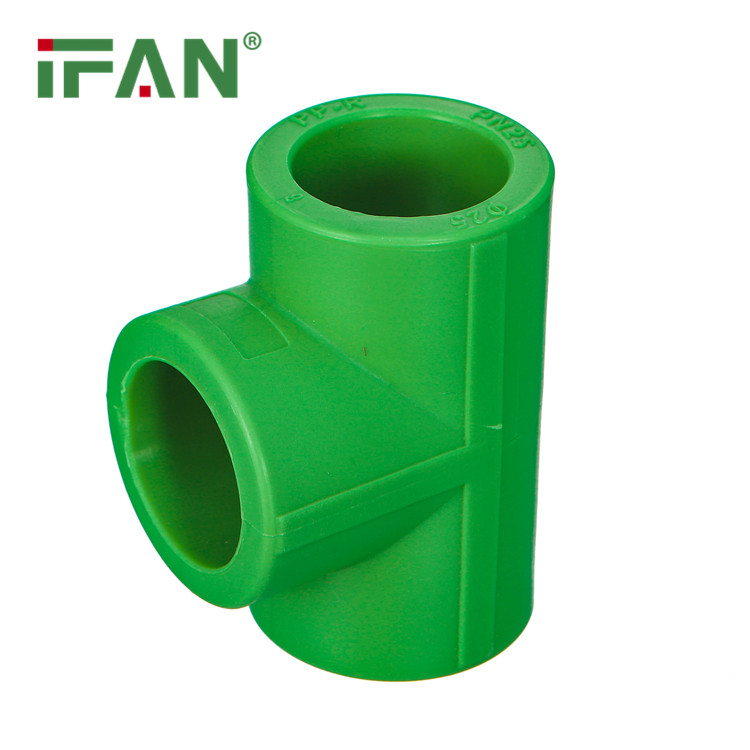Testes rigorosos de qualidade: a garantia de excelência das conexões PPR
When it comes to installing a plumbing system, quality and reliability are two crucial things that homeowners, builders, and installers consider. To ensure quality connections, PPR (polypropylene random copolymer) has become one of the most popular materials used in plumbing systems today. However, the quality of PPR connections depends significantly on the manufacturing and testing processes used.
To guarantee high-quality PPR connections, manufacturers conduct rigorous quality tests continuously throughout the manufacturing process. These tests ensure that every connection meets or exceeds industry standards for strength, durability, and leak-free performance. In this article, we will delve into the manufacturing and testing processes that guarantee the excellence of PPR connections.

Manufacturing Process
The manufacturing process starts with blending high-quality raw materials into a polypropylene random copolymer. The material is then extruded into pipes and fittings using advanced techniques such as hot and cold pressing. These processes produce PPR pipes and fittings that are highly resistant to high temperatures and pressure. Additionally, the manufacturing process ensures that every pipe and fitting produced is consistent in quality, size, and performance.
Testing Process
PPR manufacturers employ a wide range of tests to ensure that their products meet or exceed the industry standards for quality and durability. These tests include hydrostatic pressure tests, bend tests, and impact tests. The hydrostatic pressure test involves subjecting the PPR pipes and fittings to high pressure to check for leaks. On the other hand, the bend test assesses the PPR material’s flexibility, ensuring that it can withstand the stress induced by changes in temperature. Lastly, the impact test evaluates the PPR material’s ability to withstand shocks.
Overall, the testing process guarantees that PPR connections are leak-free, durable, and reliable. As a result, PPR connections have become the preferred option for plumbing systems in residential homes as well as in commercial buildings.
Conclusion
In summary, PPR connections are a testament to the innovative and robust manufacturing practices used in the plumbing industry. To guarantee their excellence, PPR manufacturers conduct rigorous quality tests throughout the manufacturing stages. The continuous and strict testing process ensures that every connection meets or exceeds industry standards for strength, durability, and reliability. As such, PPR connections have become a popular option for homeowners, builders, and installers looking to maintain the highest quality plumbing systems.

